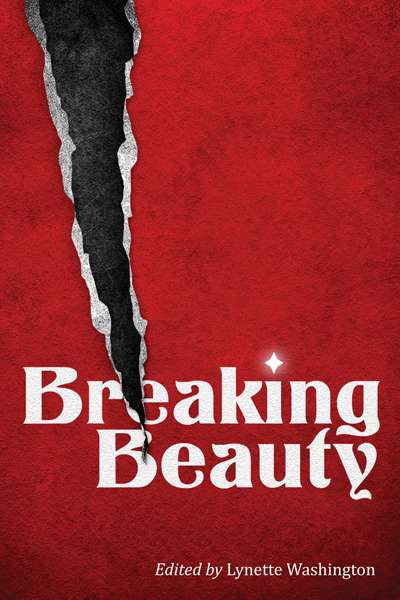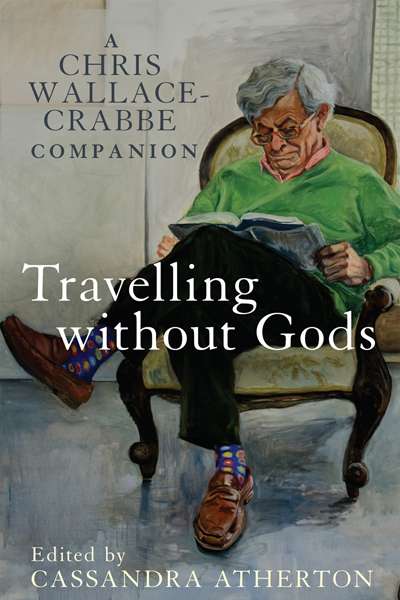Cassandra Atherton
Peter Kenneally reviews 'The Fox Petition' by Jennifer Maiden, 'Breaking the Days' by Jill Jones and 'Exhumed' by Cassandra Atherton
From the cover of Jennifer Maiden's latest book (The Fox Petition, Giramondo, $24 pb, 96 pp, 9781922146946), a wood-cut fox stares the reader down. This foreign, seditious animal is the perfect emblem for Maiden's examination of the xenophobia, conformity, and general moral diminution that she sees around her. Giramondo have given Maiden the liberty of an a ...
Jennifer Maiden's The Fox Petition: New Poems (Giramondo) conjures foxes 'whose eyes were ghosts with pity' and foxes of language that transform the world's headlines
... (read more)Cassandra Atherton reviews 'The Hazards' by Sarah Holland-Batt, 'Conversations I've Never Had' by Caitlin Maling, 'Here Be Dragons' by Dennis Greene, and 'The Guardians' by Lucy Dougan
Contemporary Australian poetry has a complex and ever-evolving relationship with the land, both at home and abroad. Almost twenty-five years post-Mabo and entrenched in ongoing ecological crises, Australian poets explore new ways of experiencing and defining place. Where misguided nationalism sought to limit Australian poe ...
Books of the Year is always one our most popular features. Find out what our 41 contributors liked most this year – and why.
... (read more)



